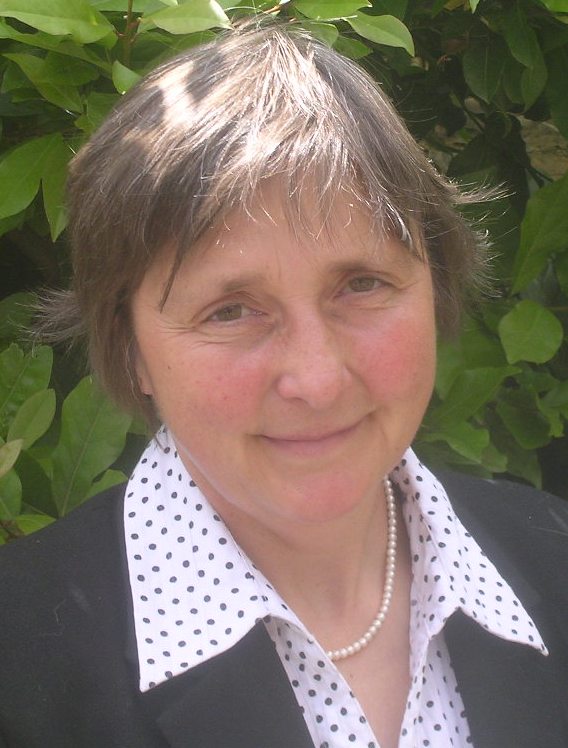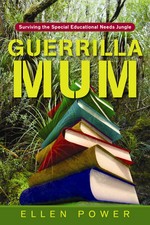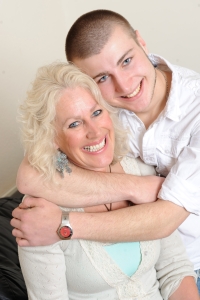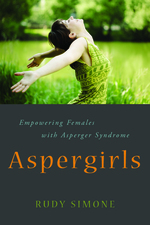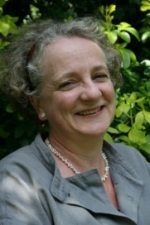Interview: Lynn Davis on her new book, A Practical Guide to Fostering Law
“Foster carers play an absolutely crucial role in the child care system. The vast majority of looked after children live in foster care. Carers are there at the sharp end, dealing 24 hours a day, 7 days a week with all of the consequences of abuse, neglect or whatever family difficulties have led children to be looked after. Yet in spite of this, in my view foster carers are underpaid and often overlooked and under-appreciated.”
